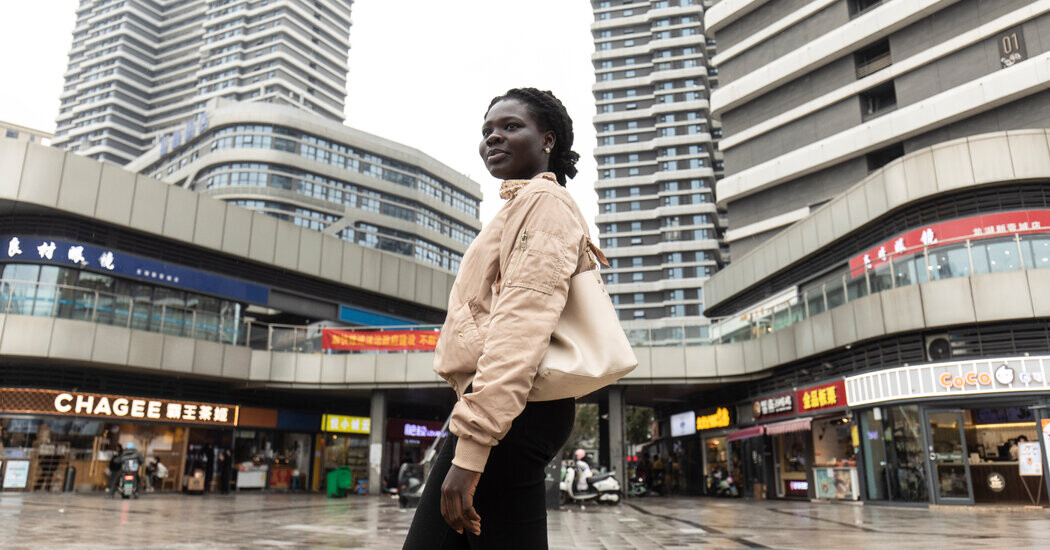

African students have traded academic institutions in the West for Chinese alternatives. The Trump administration’s clampdown on international students and visas could accelerate the shift.
When students in Africa pine for an education overseas, the United States is often not top of mind.
For many, it is China.
The Trump administration’s recent tightening of visas for international students has raised fears that the United States could lose its status as a top destination for higher education. But for tens of thousands of students in Africa, that shift was already happening.
Over the past decade, applicants across the continent have traded prestigious academic institutions in countries like Britain and the United States for Chinese alternatives, attracted by government scholarships, affordable tuition, lower living costs and easier access to visas.
Africa is home to the world’s youngest and fastest-growing population at a time when many of the world’s wealthier regions — particularly in the West and Asia — are aging rapidly, making it difficult to find enough workers to keep their economies growing.
Africa lacks enough universities to educate its own students, but China has mounted an effort to recruit them as the United States reduces its diplomatic, military and humanitarian engagement on the continent.
The Chinese Communist Party sees educating the next generation of African leaders as part of a broader plan to boost China’s soft power and promote its economic and political model in the developing world.